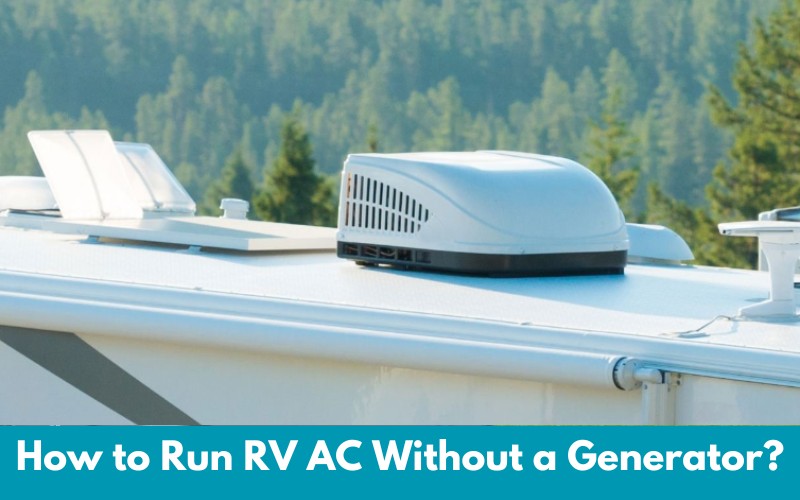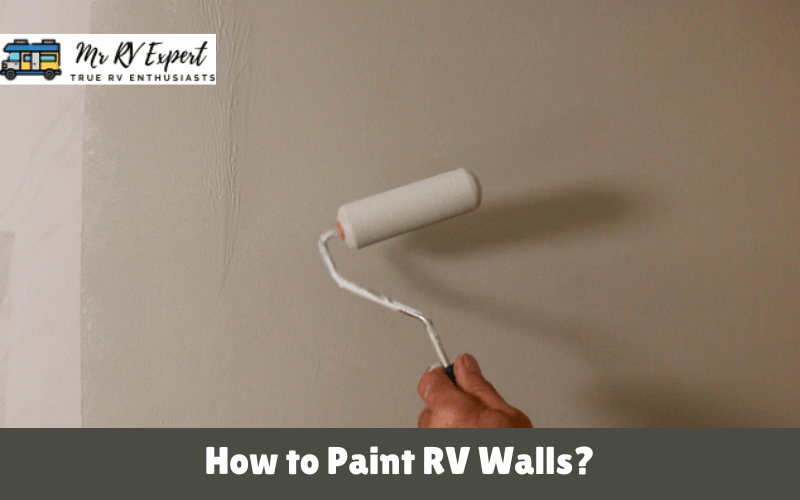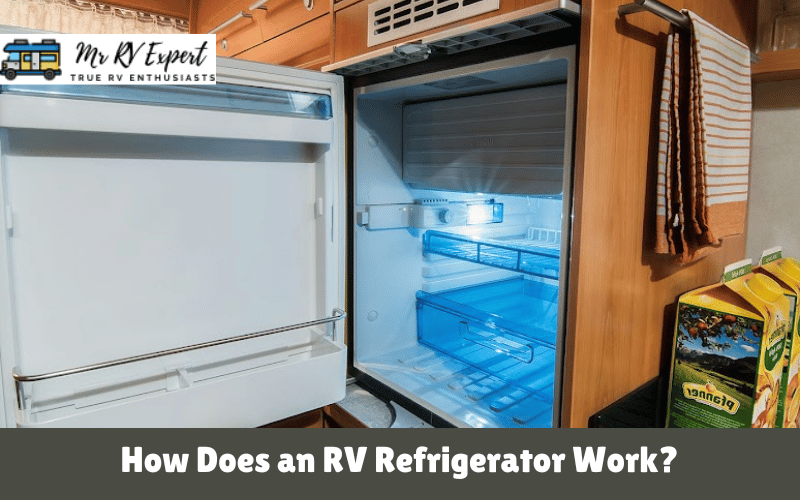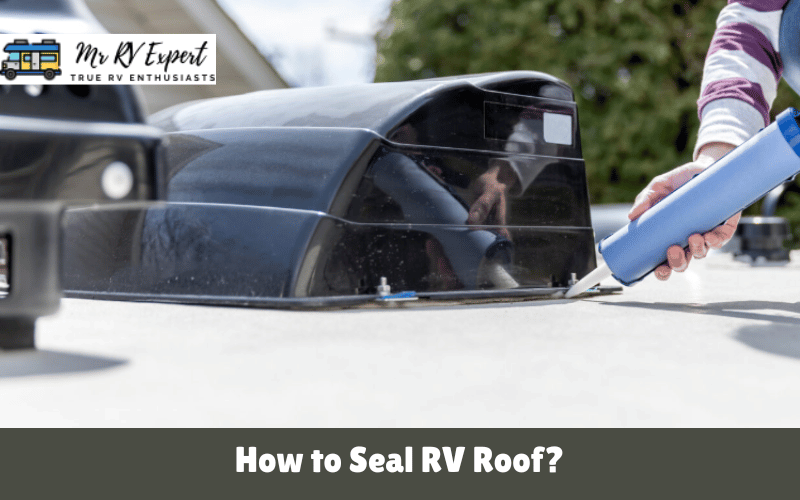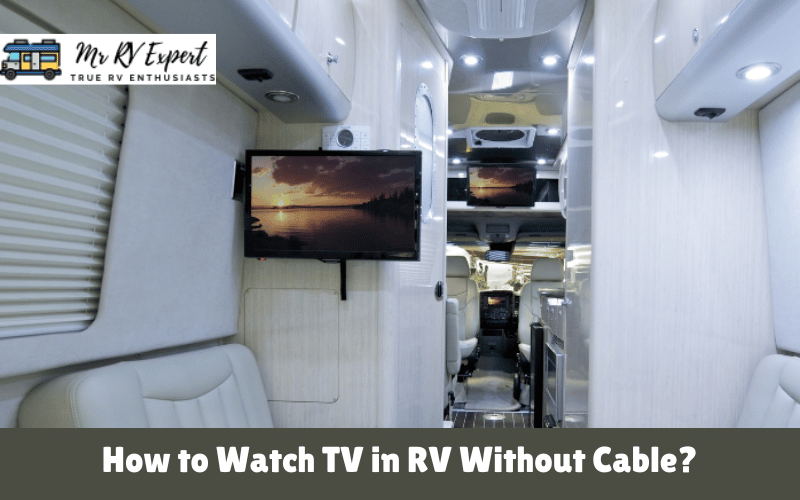Motor homes have experienced an exponential surge in popularity in recent years, becoming the go-to choice for travel enthusiasts. These homes-on-wheels are equipped with a full range of amenities, including a kitchen, bedroom, and bathroom, allowing travelers to bring the comfort of home along on their adventures. In today’s era of global warming, the air conditioner plays a pivotal role in maintaining a comfortable temperature within the RV. When running an air conditioner in an RV, a generator is typically the go-to option for supplying electricity to power all appliances. While it’s a popular choice among many RV enthusiasts, the downside of using a generator is that it can be quite noisy, even on higher-end models.
But what if you want to run your AC in your RV without using a generator? Are there alternative options available? The good news is there are several ways to achieve this goal. In this article, we’ll explore three effective methods for running an air conditioner in your RV without relying on a generator. So, let’s get started without any delay!
Table of Contents
How to run RV ac without a generator?
Additional Batteries
Using additional batteries are one way to power your RV’s AC unit without a generator. However, an AC unit requires a lot of electricity to function, so it’s essential to have enough high-end batteries to power the air conditioner. You will also need an inverter and a soft start kit to improve the AC’s energy efficiency.
The number of batteries you need depends on their capacity and the size of your air conditioner. For example, a 100 Ah battery will run a traditional RV AC unit for only half an hour. You’ll need to install more batteries to keep the AC running longer.
It’s worth noting that running an air conditioner on batteries can be expensive, as multiple batteries are required. Moreover, installing additional batteries can be challenging, so it’s best to seek professional help. A generator may be a more cost-efficient option if budget is a concern.
Solar Panels
Another option is solar panels to power your RV’s AC unit. Solar panels receive energy from the sun and convert it into electrical energy to power your RV. However, you’ll need to install enough solar panels to generate sufficient electricity to keep the air conditioner running. An average AC unit requires around 1300 to 1500 watts when its compressor runs, so you’ll need about 2000 watts of solar panels installed on your RV. If you own a mini RV model, you may need more space to install many solar panels.
Solar panels require sunlight to generate electricity, so they’re only a viable option if your area receives a lot of sunlight. Avoid running other appliances while the air conditioner runs on solar panels or batteries to avoid draining the power source.
Direct Power Source
Finally, you can use a direct power source to run your RV’s AC unit without a generator. You’ll need an inverter to convert the current from the direct source into usable power. Once converted, the power can run appliances or charge your batteries.
It’s essential to remember that running your RV’s AC unit on a direct power source can be difficult, and you’ll need to have a good understanding of electrical systems. If you’re unfamiliar with electrical systems, it’s best to seek professional help.
How long can you run AC on the battery?
The amount of time your air conditioning system can run on battery power is heavily reliant on the capacity and power of your air conditioner and the size of your battery. If you have a smaller air conditioning unit and a battery with enough capacity, you can expect to receive a few hours of cooling before recharging. However, if your air conditioning system is larger and your battery is undersized, it may be unable to keep up with the demand. To ensure the best performance, it’s advised to seek the advice of an expert who can accurately evaluate both your AC and batteries to determine the estimated run time on battery power.
FAQS:
Q1: Can AC run on an inverter battery?
A: Inverters supply a certain amount of energy required to operate various AC electrical appliances, including air conditioners. Either batteries or solar panels typically power them. Essentially, inverters act as a bridge between the power source and the AC unit, enabling the flow of electricity to power the device.
Q2: Can I plug my RV directly into an inverter?
A: If you spend a lot of time camping off the grid and boondocking, it may be necessary to use an inverter to power all the electrical outlets in your RV. However, if you only need to power a few outlets for a shorter period, it may be more practical to wire in an inverter that can handle those needs.
Conclusion:
Running an RV air conditioner without a generator is possible. Still, it requires careful planning and consideration of several factors, such as the size and power of the AC unit, the capacity of the battery bank, and the availability of alternative power sources such as solar panels. By following the tips mentioned in this conversation, RV owners can enjoy the comforts of air conditioning while camping off-grid and minimize their reliance on noisy and fuel-consuming generators. It’s important to remember that each RV setup is unique, and consulting with an expert may be necessary to ensure optimal performance and efficiency.

